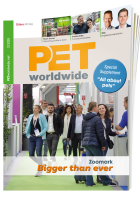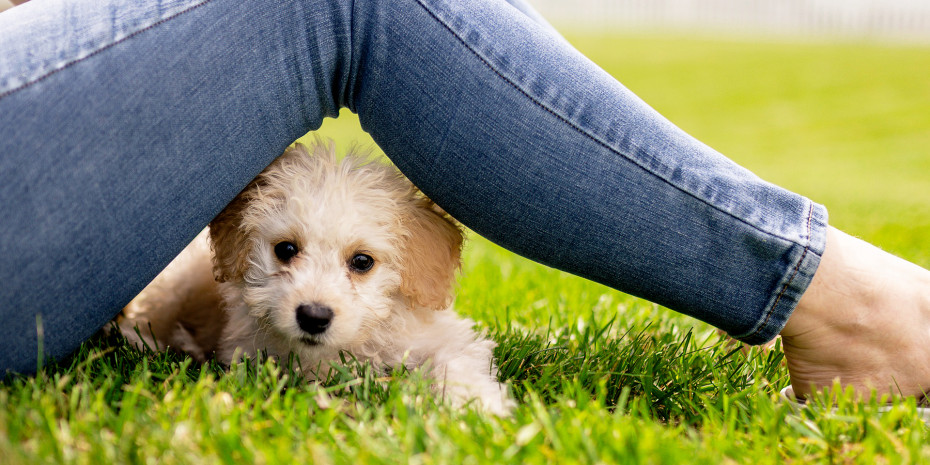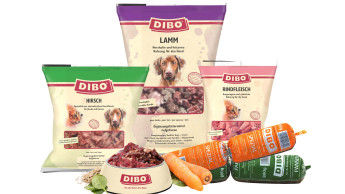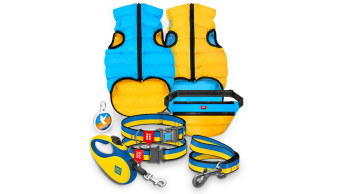During the Covid-19 pandemic with restrictions on contact and going out and the resulting loneliness and working from home, far more dogs have been purchased than before the coronavirus appeared. Germany's Kennel Club VDH estimates a 20 per cent increase in the number of dogs in Germany last year as compared with the previous year. Between March and September 2020, the number of foster pets in US homes increased by 8 per cent, according to Pet Point, which collects industry data on pet adoption. The Pet Food Manufacturers' Association in the UK discovered that 3.2 mio households had acquired a new pet since the pandemic began, many of them opting for a dog. In short, the desire for a four-legged friend, to provide company on long walks and to lend support when the fear of an uncertain future gets too much, has increased significantly from Canada through to India in the last few months.
It has been proven that having pets as companions reduces the feeling of loneliness and can improve mood. Since many people lack the space to keep a large dog, they opt above all for smaller breeds. They forget that even poodles, dachshunds and chihuahuas have their own special needs, however. For example, many of them require extensive physical exercise in the form of long walks and running around. This appeals to many dog owners, especially since the onset of the pandemic, during which walking has become virtually a national sport in many countries. And a walk is even more fun when there is someone to share it with.
High energy requirement
Increased muscle activity consumes more energy, which has to be recovered accordingly through nutrition. Small dogs need to consume more than large dogs on account of their greater heat loss. Relative to their weight they also have a heavier digestive tract, which consequently requires more energy. Their shorter gastrointestinal tract also means that they have a smaller capacity compared with large canines.
None of this means, however, that small breeds require vastly more food. They should only receive the quantity of added food corresponding to their higher need for activity and energy consumption, experts advise. It is also recommended that they be given food in a highly digestible form. Many dog food products for small breeds thus contain smaller croquettes that are easier to chew, making eating a comfortable experience for these pets. Another tip from the nutrition experts is that food for small breeds should contain fewer…

 Menü
Menü








 2/2021
2/2021












 Newsletter
Newsletter